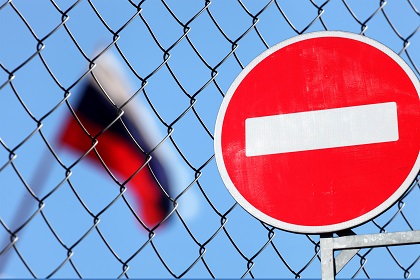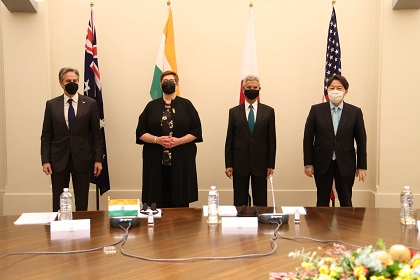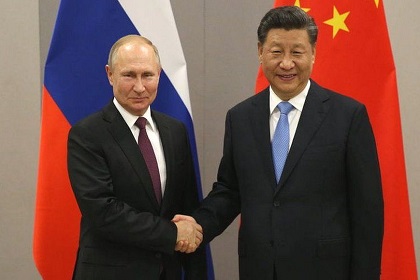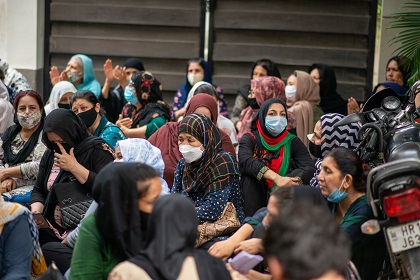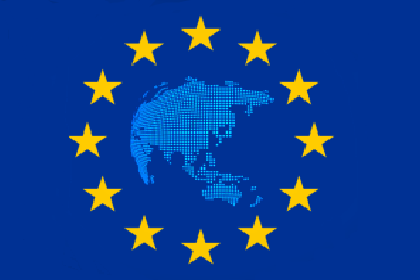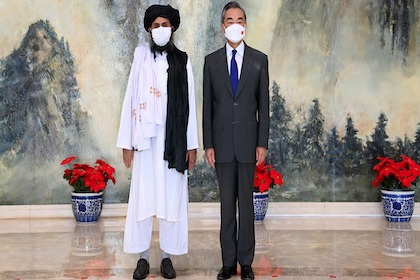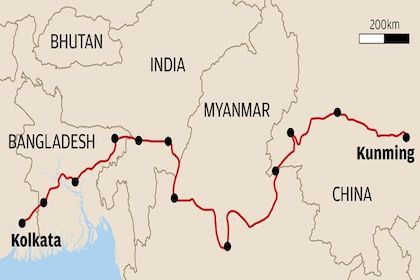AAP, ISI, Khalistan and the counter spin
Pro-Khalistan organisations have collaborated with the ISI to disseminate anti-India narratives and influence the Indian diaspora. While this has little traction within the country, there is a need for India to extend support to those expatriate Indian communities which are actively countering the misinformation spread by these organisations and Pakistan-sponsored fringe groups.



